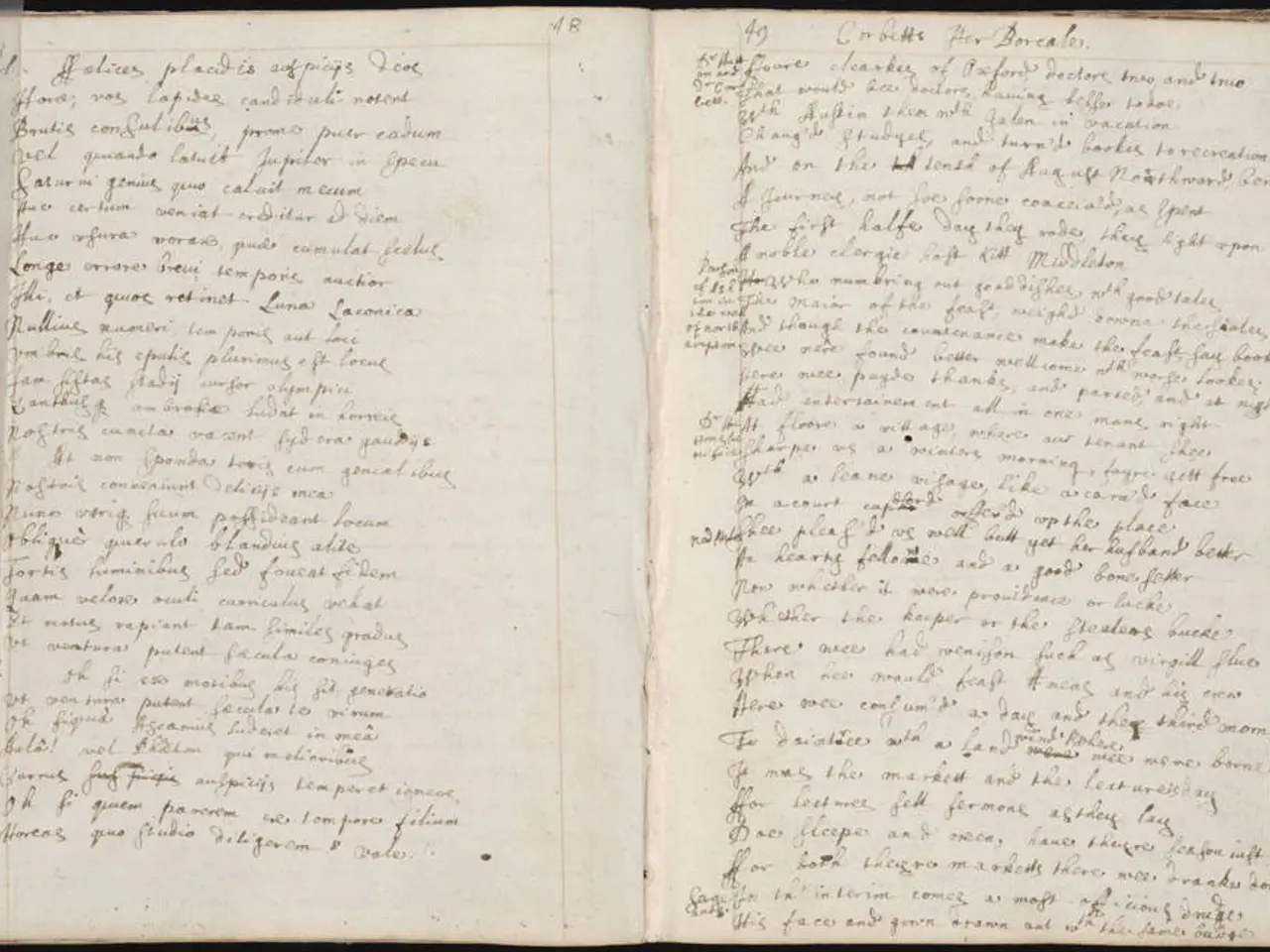South Korea's Highest Court Clears Baby Shark's Hit Tune of Plagiarism Allegations
The South Korean Supreme Court has made a significant ruling in the copyright dispute over the popular children's song "Baby Shark". The court determined that works based on traditional or folk melodies lacking sufficient originality are not eligible for copyright protection, effectively dismissing claims that the viral hit "Baby Shark" plagiarized an earlier version.
In the case, U.S. composer Jonathan Wright, known as Johnny Only, had initiated a lawsuit in 2019, alleging unauthorized use of his 2011 version of "Baby Shark". However, the court held that Wright’s version did not exhibit enough original creative elements beyond the traditional melody to qualify as a protected work. Consequently, Pinkfong's later, distinct version did not infringe on Wright’s rights because Wright’s version itself had no valid copyright claim.
This ruling reinforces that South Korean copyright law protects only sufficiently original derivative works, not mere rearrangements of folk or traditional melodies. It provides legal clarity that derivative adaptations must be transformative and creatively distinct to qualify for copyright, ensuring folk material remains accessible to the public while encouraging meaningful originality in new works.
Implications for derivative works and folk material in South Korea include:
- Traditional melodies that are part of common cultural heritage, like folk songs, remain in the public domain and cannot be monopolized by any party simply by making minor or superficial changes.
- Copyright protection requires a threshold of originality and creative contribution beyond the base folk material. For derivative works based on folk or public domain content to be protected, the new work must demonstrate significant original expression (composition, arrangement, audiovisual enhancements, branding, etc.).
- Creators adapting folk songs in South Korea cannot claim exclusive rights unless they add substantial originality. Minor modifications or sanitizing lyrics will not suffice for copyright.
- Businesses and content creators should carefully evaluate the originality of their adaptations of traditional material to understand what can be legally protected, preventing costly copyright disputes over folk content.
The ruling is particularly significant for Pinkfong, the company behind the 2015 rendition of "Baby Shark". The success of "Baby Shark" has led to a franchise that includes TV shows, apps, musicals, and merchandising, generating 45.1 billion won (~$32.6 million) in the first half of 2025 alone. The "Baby Shark Dance" video on YouTube has garnered over 16 billion views.
This decision encourages creators to invest in transformative updates to meet legal standards for originality in derivative works. It underscores that public domain melodies are not subject to overly broad ownership, emphasizing that minor tweaks to folk melodies are not enough to claim exclusive rights. The broader implications for copyright law are yet to be seen, but this ruling provides a clear precedent for future cases involving traditional or folk melodies.
- The ruling in South Korea, concerning "Baby Shark," underscores that creators adapting traditional songs need to add substantial originality to claim exclusive rights, as minor modifications or sanitizing lyrics will not suffice for copyright protection.
- The success of Pinkfong's "Baby Shark" franchise, including TV shows, apps, merchandising, and musicals, is a testament to how creators can invest in transformative updates to meet legal standards for originality in derivative works, while respecting traditional melodies as part of the common cultural heritage that remains in the public domain.







